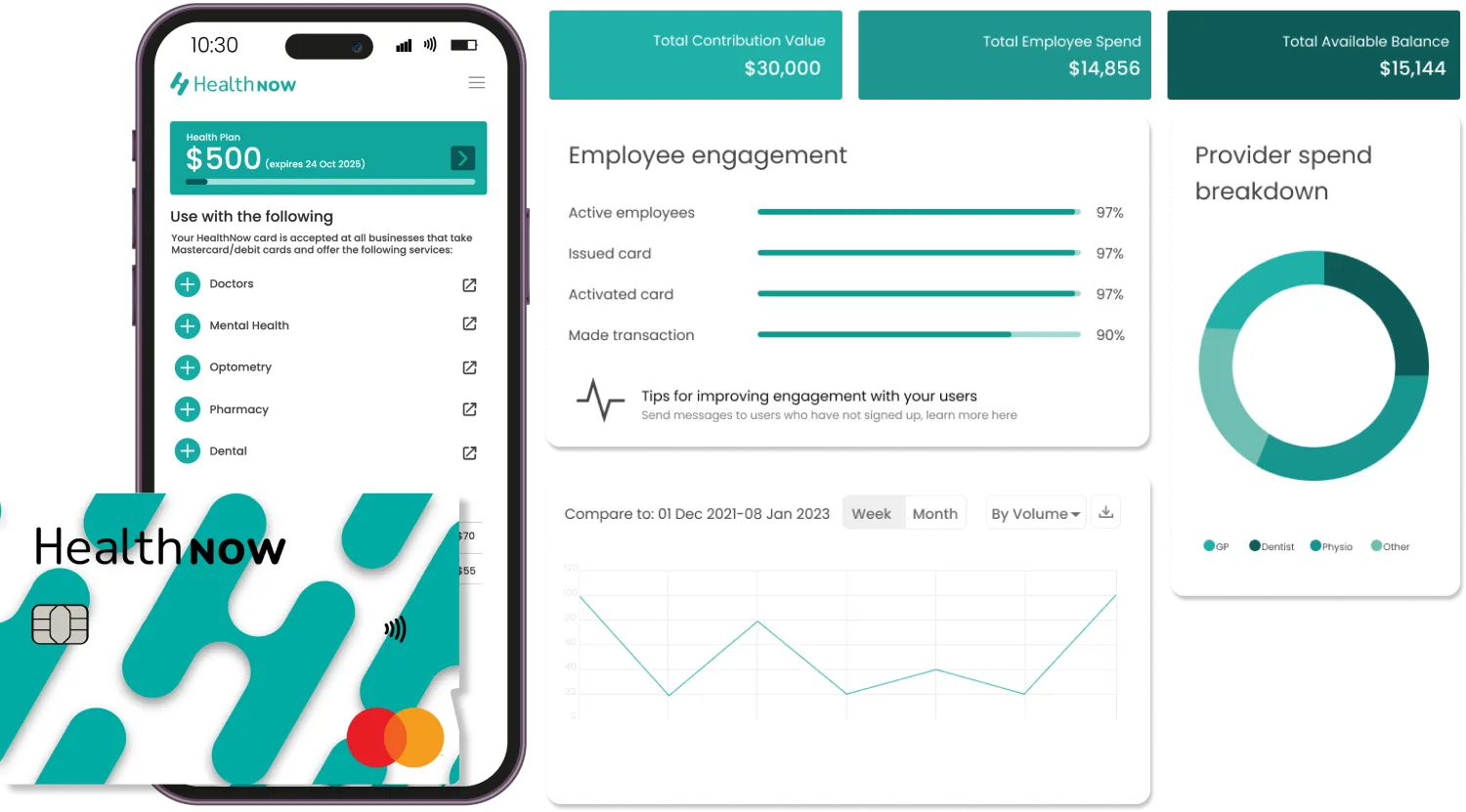Concussions can affect any of us when we least expect it – whether it’s getting hit with a ball as we stand on the side of our child’s soccer match, accidentally knocking our heads on a protruding shelf in our home, or being involved in a car accident. During this event, your brain shakes or hits the inside of the skull, leading to a concussion. And physiotherapy is one of the most important, but often overlooked, keys to recovery.
Concussions are mild traumatic brain injuries, being medically defined as a “traumatically induced transient disturbance of brain function”. One of the most important things to know about concussions is that they should never be underestimated or ignored as they can continue to have significant negative ongoing effects, such as impairing a person’s balance or reducing their ability to focus and concentrate.
Recognising A Concussion
Mild concussions can be difficult to spot at times because the symptoms may not be immediately apparent, or may be subtle. This is quite different to severe concussions, which often involve a loss of consciousness and other obvious physical symptoms that prompt urgent medical attention to be sought.
 Some common symptoms of a mild concussion may include:
Some common symptoms of a mild concussion may include:
- Headache
- Dizziness
- Fatigue
- Difficulty concentrating
- Memory problems
- Mood changes
On the other hand, severe concussions tend to have more serious effects because they can involve structural damage to the brain, such as bleeding or swelling, which can increase pressure on the brain and lead to further damage. Symptoms of more severe concussions include:
- Severe headache
- Confusion
- Memory loss
- Loss of consciousness
- Seizures
- Vomiting
- Difficulty speaking or understanding language
- Unstable mood and exaggerated expressions
What Really Happens During A Concussion?
 Although the symptoms and effects of a concussion may appear to be straightforward, the actual processes that occur within the brain when a concussion happens are quite complex. Rather than being a physical injury to the structure of the brain, concussions cause functional disruptions that alter the brain’s function. These changes are brought about by a series of “neurochemical and neurometabolic events,” which can cause a reduction in blood flow to the brain tissue, impair the functioning of mitochondria within brain cells, and alter glucose metabolism. These changes contribute to the varied symptoms of a concussion, which can affect both physical and mental function.
Although the symptoms and effects of a concussion may appear to be straightforward, the actual processes that occur within the brain when a concussion happens are quite complex. Rather than being a physical injury to the structure of the brain, concussions cause functional disruptions that alter the brain’s function. These changes are brought about by a series of “neurochemical and neurometabolic events,” which can cause a reduction in blood flow to the brain tissue, impair the functioning of mitochondria within brain cells, and alter glucose metabolism. These changes contribute to the varied symptoms of a concussion, which can affect both physical and mental function.
Post Concussion Syndrome
While most concussion sufferers recover within 14 days, a small number of concussion sufferers will go on to develop a complication called post-concussion syndrome, leading to a range of physical, cognitive, and emotional symptoms that persist for weeks, months, or even years after the initial injury. Post-concussion syndrome is thought to be related to the complex changes that occur within the brain following a concussion. These changes can lead to ongoing inflammation and disruption of normal brain function, which can contribute to the persistence of symptoms.
Physiotherapy For Concussions
After experiencing a concussion, it’s important to prioritise rest and give your brain time to recover, while also taking care to avoid a secondary head injury or concussion which can have much more dire symptoms. Alongside this, physiotherapy is also proven to be a powerful tool to safely support you in your return to normal activities, manage your symptoms, and address any other injuries sustained during the head trauma. Physiotherapists can provide guidance on safe levels of physical activity and graded mental tasks and activity modification, which are essential for managing symptoms and avoiding prolonged recovery periods.
Your physio can conduct physical activity testing to determine a safe level of activity to return to and help manage symptoms associated with vestibular dysfunction, which affects balance and coordination, equipping you with the right strategies to keep you on the best track to recovery. They can also help you manage any neck pain and tension resulting from neck injury or whiplash sustained during head trauma, which are commonly sustained from the same event or injury that causes the concussion, as well as with your strength and physical endurance. Education is also an essential aspect of physiotherapy, as it equips individuals with the knowledge and tools needed for optimal recovery while avoiding complications and other issues.
Access Your Physio Today – Without The Upfront Cost
While a physiotherapist holds great value in the field of concussion recovery and supporting your overall health and function, booking appointments as soon as you need them, especially if your concussion is mild, is not always affordable. With 39% of New Zealanders delaying medical appointments due to cost, the cost barrier to recovery is a very real issue for many, especially with repeat appointments often needed as you progress through your recovery.
This is why many physios across New Zealand are now offering an easier way to pay for your care via HealthNow – a Buy Now, Pay Later (BNPL) platform designed specifically for healthcare. Choosing to pay via the HealthNow app means that those needing physio care to manage their concussions can now spread the total cost into multiple payments over a maximum of twelve weeks, with absolutely no fees or interest.
Unlike other BNPL services, HealthNow meets a higher level of regulatory compliance to ensure that it operates with social responsibility, given its role in the health sector. While health consumers split their bill and delay the full upfront cost, physios get paid in full on the day by HealthNow, making it a win-win for the health industry.
Registering for HealthNow is free and easy – and you can quickly start using it to access physio services, doctor visits, pick up pharmacy medications – and much more. Download the app and check out HealthNow’s full benefits and features, including a health wallet to store funds set aside for health services that can be contributed to by others including your employer via employer aid.






